There are several ways to look up the meaning of a Ph.D. in Bengali. First of all, the word itself is a multilingual South Asian language. As of 2012, there are roughly 220 million native speakers of Bengali and more than 250 million people speaking the language as a whole. This makes it the seventh most spoken language in the world, and it is useful in many fields, from sociology to economics.
A Ph.D. in Bengali is an advanced degree that provides advanced study in the language. The language is the official language of India and is the official tongue of Bangladesh and West Bengal. Its rich literature and culture go back centuries. It is considered one of the most widely spoken languages in the world. The work of poets such as Tagore and Golok has contributed significantly to the richness of the Bengali language.
A Ph.D. in Bengali is a doctoral-level degree in the language of Bangladesh. It is an academic course that focuses on the study of the language, literature, and culture of the Bengali people. It is one of the official languages of India and provides students with extensive knowledge of the language. The degree will also allow them to use the language for everyday situations. There are many different jobs available to candidates who have completed the Ph.D. program.
While the Ph.D. in Bengali is an advanced doctoral degree in the language, it is not available to all candidates. Only a limited number of candidates will be accepted into the Ph.D. program. This is why it is important to know more about the course before enrolling. It will help you understand the different fields and career opportunities in the language. This will make it easier for you to find a job.
The Ph.D. in Bengali is a doctoral degree that focuses on the culture and language of the Bengali people. The degree program will teach you to use the language in your daily life, including preparing a dissertation. A Ph.D. in English is an advanced degree in the language, and it will allow you to pursue the language in the future. It can also be applied to other fields.
If you speak Bengali fluently, you can opt for a Ph.D. in Bengali. The course will prepare you for a job in this area of the world. The program will help you understand the language and its culture. You can also learn to use it for business.
The department of Bengali language and literature has a long-standing heritage of working to explore and expand human resources. Originally, the department of Modern Indian languages was established in 1919 by a renowned Vice-Chancellor, Sir Nilratan Sirkar. Since then, the department has grown and evolved to become one of the oldest and most prominent in the country. A Ph.D. in the Bengali language and literature is a highly sought-after degree in academia and in the world.
Eligibility:
Candidates who want to take admission in Ph.D. must have a post-graduate degree in Bengali or a related field with at least 55% marks from a recognized university and must have passed the national level entrance examination or university level entrance examination. National level entrance exam like UGC NET / UGC CSIR NET / GATE / SLET or University entrance exams consists of written tests and personal interviews.
The Benefits of Ph.D. in Bengali
The degree program allows students to gain in-depth knowledge of the Bengali language. The Ph.D. program provides the best scope for employment and higher pay. The MA degree allows students to explore the history and development of the Bengali language over the last 1300 years. The course also gives the student an insight into the greats of Bengali literature. In addition, Ph.D. students have greater job opportunities and better pay scales.
The coursework for the Ph.D. in Bengali includes the study of the history of the language and the literary development of the Bengali language during the period of British rule. Students who wish to specialize in the history of the language and literature will gain valuable insight. Moreover, this advanced degree program exposes students to diverse literary works written in Bengali. As the course is taught in the language, the coursework is both informative and interesting.
The curriculum also involves studying the historical context and the development of the Bengali language. The coursework will be rich in references and will help the student understand the language and its history.
To get into a Ph.D. program in the language, students need to have a Master's degree in the subject. Those with a Master's degree in Bengali can pursue careers in related fields. For students with a Ph.D., the program is beneficial in many ways. The degree helps people find jobs in their chosen field. For example, it will increase their earning potential and help them develop their careers.
The MA course in Bengali will prepare students for further studies. The course will introduce students to the language's history and the greats of Bengali literature. The course will also teach them about the history of the language. In addition to these, the student will be able to study the literature in Bengali. If he or she wishes to pursue further studies in the language, they will also gain a Ph.D. in the language.
An MA in the language of Bengali will give the student an understanding of the language and its literature. This course will also expose the student to the Bengali Renaissance and its literary greats, which took place during the British rule in the country. The MA degree in this language will be beneficial in several other ways. For instance, the course will allow the student to explore the history of the Bengali language. The study will also help the student develop their writing skills.
The career of Ph.D. in Bengali Language
A Ph.D. in Bengali is a doctoral degree program that is focused on studying the language, literature, and culture of Bengali speakers. As the official language of India, Bengali is used by over 200 million people. The language is widely spoken and is used in daily life. Those who complete a Ph.D. in this field are well-equipped to work in a variety of professions related to the language.
A Ph.D. in Bengali language is ideal for those who are interested in learning the history of the language. The language is often difficult to learn, but an expert can help you learn the language effectively. If you are considering a Ph.D. in Bengali, you should make sure that you choose an appropriate guide who knows the language well. An expert will provide input for your dissertation and will help you with the course.
A Ph.D. in the Bengali language is a great way to get a Ph.D. in modern history. However, a Ph.D. in Bengali is not suitable for those interested in history. You will need to have a strong background in the language. A Ph.D. in Bengali requires a good understanding of both the Bengali and English languages. The professor will provide you with a solid foundation in both fields and teach you how to write a thesis in both languages.
A B.A. degree in Bengali will help you gain a strong foundation in the language. Students will be well-equipped to use relevant sources and use the language in various contexts. A Ph.D. in the Bangla language will allow you to work as an independent scholar. A degree in the Bengali language has excellent prospects for a variety of careers. With this education, you'll have the opportunity to work in academia, in business, or as a lecturer.
After completing your degree in the Bengali language, you'll be well-equipped to work in the language. You can teach and write in the language as a teacher, or you can even open up your own private coaching center. If you're a native speaker of Bengali, you'll be well-positioned to become a successful researcher in the field. If you're looking for a Ph.D. in the language, you can start researching a topic that interests you.
Course Duration:
The Ph.D. Bengali courses are a minimum of 3 years and a maximum of 5 duration. This depends on the university offering the course.
Course Fees:
The average fee for Ph.D. A Bengali degree is between INR 50000 and INR 500000.
 5 Years
5 Years
 PhD
PhD
 Research
Research







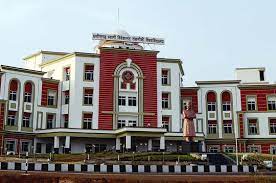
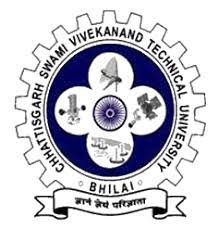
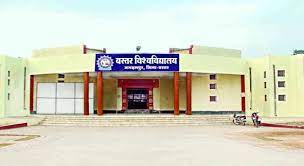
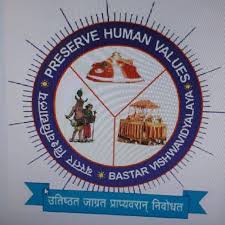

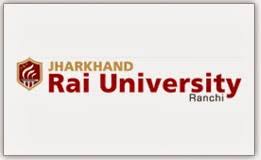
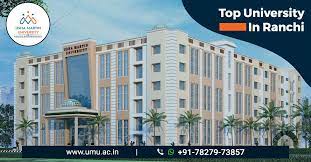
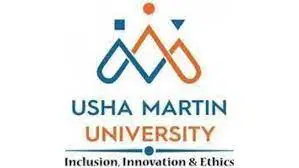
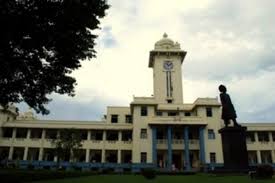
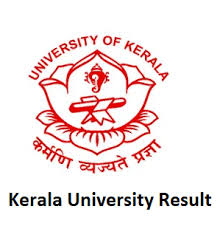
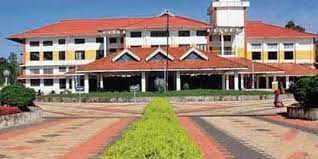
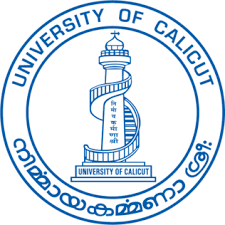
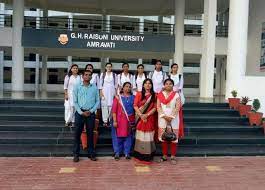
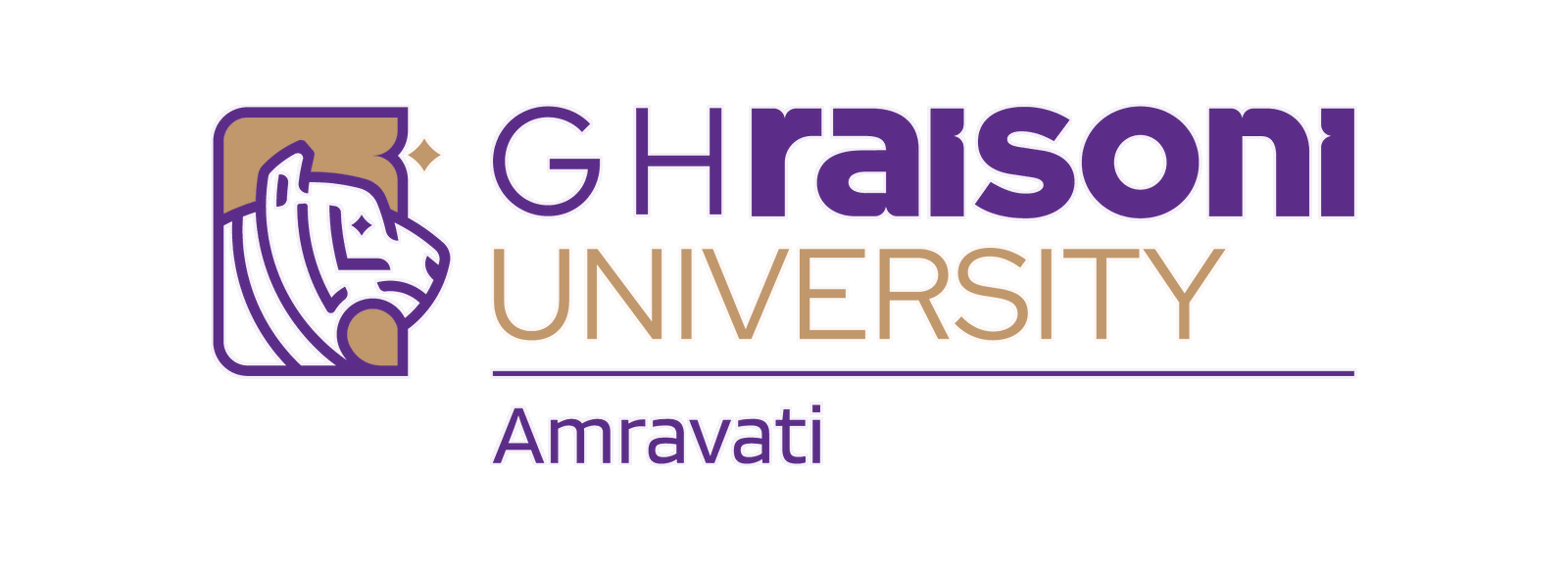


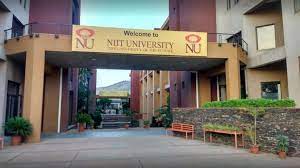
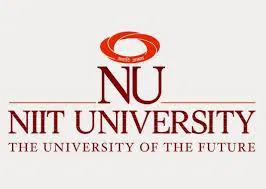
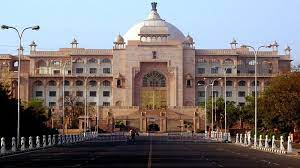
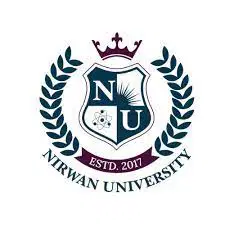
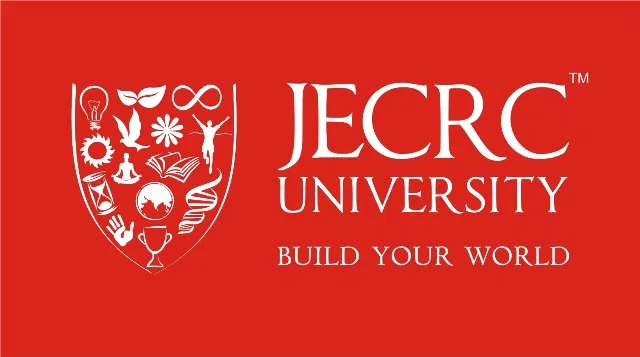
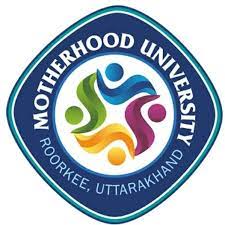


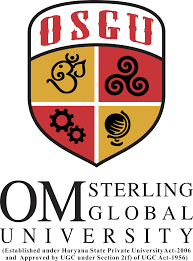

 back
back